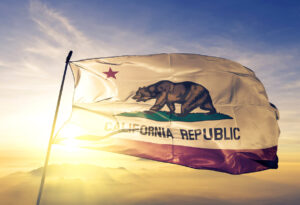Micheli Files
As I make my way through bills in the second house policy committee, I continue to run across interesting provisions contained in these bills. Here is a short explanation of some recent examples from 2025 bills that the “legislative geek” in me finds interesting.
Micheli Files
The California Constitution requires the state to reimburse local agencies and school districts for certain costs mandated by the state. But while the Legislature may state the costs associated with a bill do not need to be reimbursed, it is actually the State Mandates Commission that decides the question.
Micheli Files
Questions have often been raised about why there are so many trailer bills needed as part of the budget process in California. The number has grown over the past couple of decades and this has been a recurring concern. However, there is a legal reason for this.
Micheli Files
Both the Legislature and the Governor in California play critical roles in the development and adoption of the state budget. Relevant provisions of state law related to the budget process are contained in Article IV of the state Constitution.
Micheli Files
There have been many court decisions over the past century interpreting key provisions of the Government Code. The following cases highlight some of the key decisions interpreting these statutory provisions. This is Part 2 of a two-part series.
Micheli Files
The California Government Code provides for aspects of the Legislature and the legislative process in this state. There have been many court decisions over the past century interpreting key provisions of the Government Code. The following cases highlight some of the key decisions interpreting these statutory provisions. This is Part 1 of a two-part series.
Micheli Files
Drafting criminal or penal code statutes is an important undertaking for any bill drafter because of the consequences for those who violate such statutes and because courts strictly construe these types of statutes. As a result, those who draft criminal laws must have taken a number of issues under consideration.
Micheli Files
What are the main component parts that comprise the California state budget? What is the “Budget Bill Jr.”? What is a Trailer Bill? The intrepid Chris Micheli, answers these and many other burning budget questions in this week’s Micheli Files.
Micheli Files
This is the second part of a 2-part article on addressing some of the main questions concerning California’s political and election laws.
Micheli Files
This is the first part of a 2-part article on addressing some of the main questions concerning California’s political and election laws.










